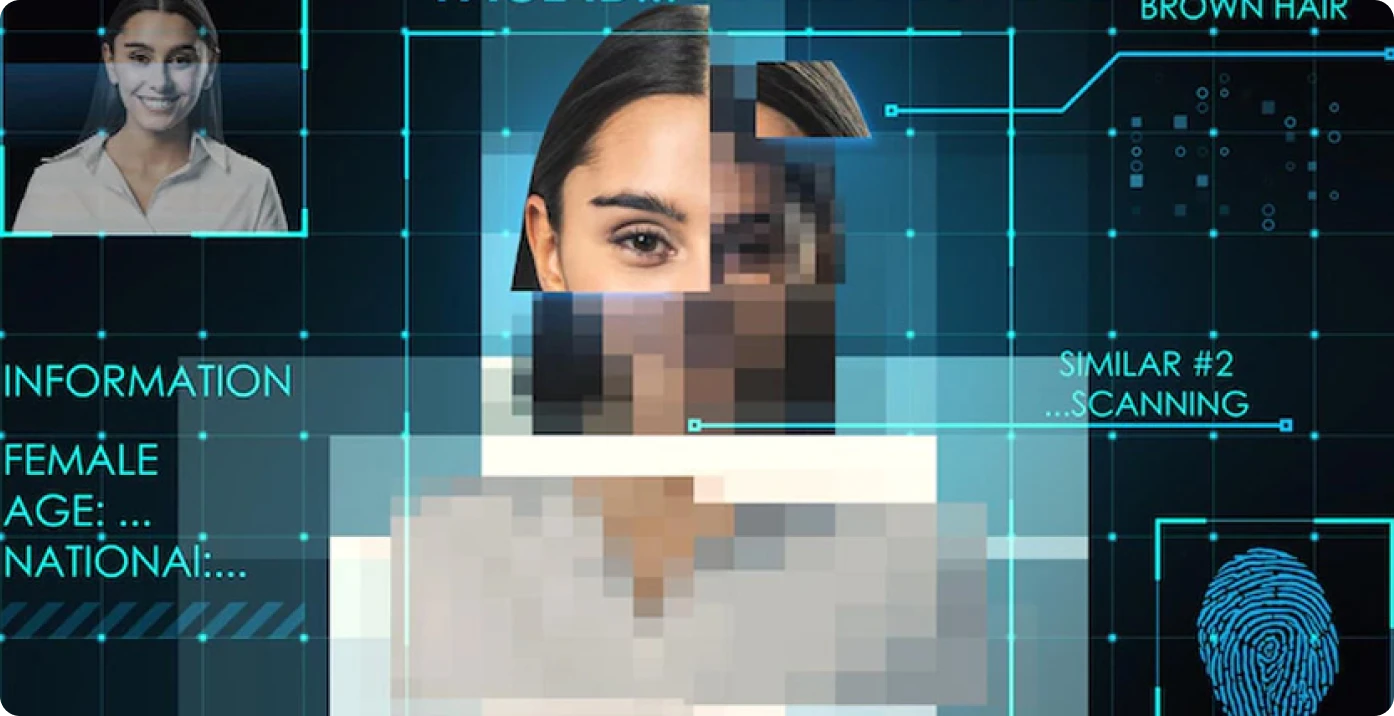DigiYatra: A Model for Cybersecurity in the Age of Seamless, Secure Digital Travel?
Introduction:
The Ministry of Civil Aviation, GOI, established the initiative ‘DigiYatra’ to ensure hassle-free and health-risk-free journeys for travellers/passengers. The initiative uses a single token of face biometrics to digitally validate identity, travel, and health along with any other data needed to enable air travel.
Cybersecurity is a top priority for the DigiYatra platform administrators, with measures implemented to mitigate risks of data loss, theft, or leakage. With over 6.5 million users, DigiYatra is an important step forward for India, in the direction of secure digital travel with seamless integration of proactive cybersecurity protocols. This blog focuses on examining the development, challenges and implications that stand in the way of securing digital travel.
What is DigiYatra? A Quick Overview
DigiYatra is a flagship initiative by the Government of India to enable paperless travel, reducing identity checks for a seamless airport experience. This technology allows the entry of passengers to be automatically processed based on a facial recognition system at all the checkpoints at the airports, including main entry, security check areas, aircraft boarding, and more.
This technology makes the boarding process quick and seamless as each passenger needs less than three seconds to pass through every touchpoint. Passengers’ faces essentially serve as their documents (ID proof and if required, Vaccine Proof) and their boarding passes.
DigiYatra has also enhanced airport security as passenger data is validated by the Airlines Departure Control System. It allows only the designated passengers to enter the terminal. Additionally, the entire DigiYatra Process is non-intrusive and automatic. In improving long-standing security and operational airport protocols, the platform has also significantly improved efficiency and output for all airport professionals, from CISF personnel to airline staff members.
Policy Origins and Framework
Rooted in the Government of India's Digital India campaign and enabled by the National Civil Aviation Policy (NCAP) 2016, DigiYatra aims to modernise air travel by integrating Aadhaar-based passenger identification. While Aadhaar is currently the primary ID, efforts are underway to include other identification methods. The platform, supported by stakeholders like the Airports Authority of India (26%) and private airports (14.8% each), must navigate stringent cybersecurity demands. Compliance with the Digital Personal Data Protection Act, 2023, ensures the secure use of sensitive facial recognition data, while the Aircraft (Security) Rules, 2023, mandate robust interoperability and data protection mechanisms across stakeholders. DigiYatra also aspires to democratise digital travel, extending its reach to underserved airports and non-tech-savvy travellers. As India refines its cybersecurity and privacy frameworks, learning from global best practices is essential to safeguarding data and ensuring seamless, secure air travel operations.
International Practices
Global practices offer crucial lessons to strengthen DigiYatra's cybersecurity and streamline the seamless travel experience. Initiatives such as CLEAR in the USA and Seamless Traveller initiatives in Singapore offer actionable insights into further expanding the system to its full potential. CLEAR is operational in 58 airports and has more than 17 million users. Singapore has made Seamless Traveller active since the beginning of 2024 and aims to have a 95% shift to automated lanes by 2026.
Some additional measures that India can adopt from international initiatives are regular audits and updates to the cybersecurity policies. Further, India can aim for a cross-border policy for international travel. By implementing these recommendations, DigiYatra can not only improve data security and operational efficiency but also establish India as a leader in global aviation security standards, ensuring trust and reliability for millions of travellers
CyberPeace Recommendations
Some recommendations for further improving upon our efforts for seamless and secure digital travel are:
- Strengthen the legislation on biometric data usage and storage.
- Collaborate with global aviation bodies to develop standardised operations.
- Cybersecurity technologies, such as blockchain for immutable data records, should be adopted alongside encryption standards, data minimisation practices, and anonymisation techniques.
- A cybersecurity-first culture across aviation stakeholders.
Conclusion
DigiYatra represents a transformative step in modernising India’s aviation sector by combining seamless travel with robust cybersecurity. Leveraging facial recognition and secure data validation enhances efficiency while complying with the Digital Personal Data Protection Act, 2023, and Aircraft (Security) Rules, 2023.
DigiYatra must address challenges like secure biometric data storage, adopt advanced technologies like blockchain, and foster a cybersecurity-first culture to reach its full potential. Expanding to underserved regions and aligning with global best practices will further solidify its impact. With continuous innovation and vigilance, DigiYatra can position India as a global leader in secure, digital travel.
References
- https://government.economictimes.indiatimes.com/news/governance/digi-yatra-operates-on-principle-of-privacy-by-design-brings-convenience-security-ceo-digi-yatra-foundation/114926799
- https://www.livemint.com/news/india/explained-what-is-digiyatra-how-it-will-work-and-other-questions-answered-11660701094885.html
- https://www.civilaviation.gov.in/sites/default/files/2023-09/ASR%20Notification_published%20in%20Gazette.pdf









.webp)



